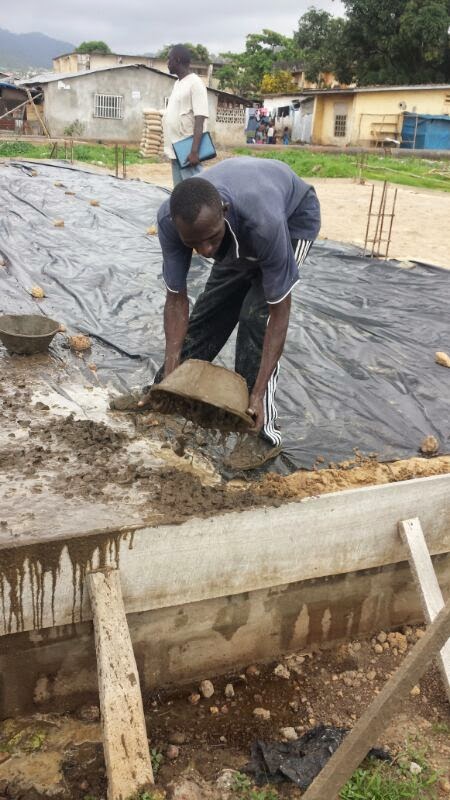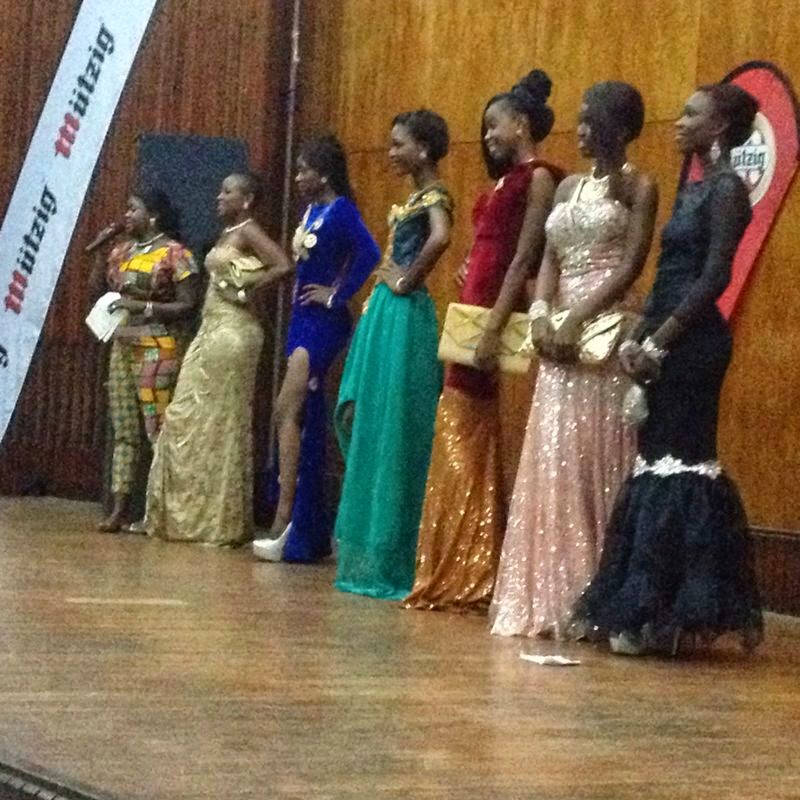Almost every household in Sierra Leone eat bread for breakfast and dinner, Bread is also given to children as part of a lunch pack. Sierra Leoneans just cannot go to bed without eating bread. For this Sierra Leonean baker, it was his love for bread that attracted him to become a baker in the first place.
 |
| This baker mould the dough for baking |
Well because this is still a relatively small bakery, I bake between half and one bag per day, It all depends on the season and the sales level.
 |
| The happy Baker concentrate on his work |
Hehehehe....I choose this job because I love bread. I am a man who have shown a love for bread since I was a child. Everyone around me knows that. I love the smell of it and I therefore decided to work in the bakery. I don't only love bread, I also love cakes, pies etc. I love baked food in general...
 |
| Bread are put on the oven tray for baking |
I have been baking for over five or six years now.
What are some of the challenges you face as a baker?
Some of the constraints include the lack of modernize oven and other machines for mixing the dough and for baking. We still use the local oven. There is also the lack of sufficient power and water supply.
Are you optimistic about the future of baking in Sierra Leone?
Absolutely. As long as we have life we have hopes and as long as Sierra Leoneans continue to eat bread we will continue baking. I believe with time there will be more improvements in this industry and we will be able to serve our customers better and efficiently.
Thank you
























